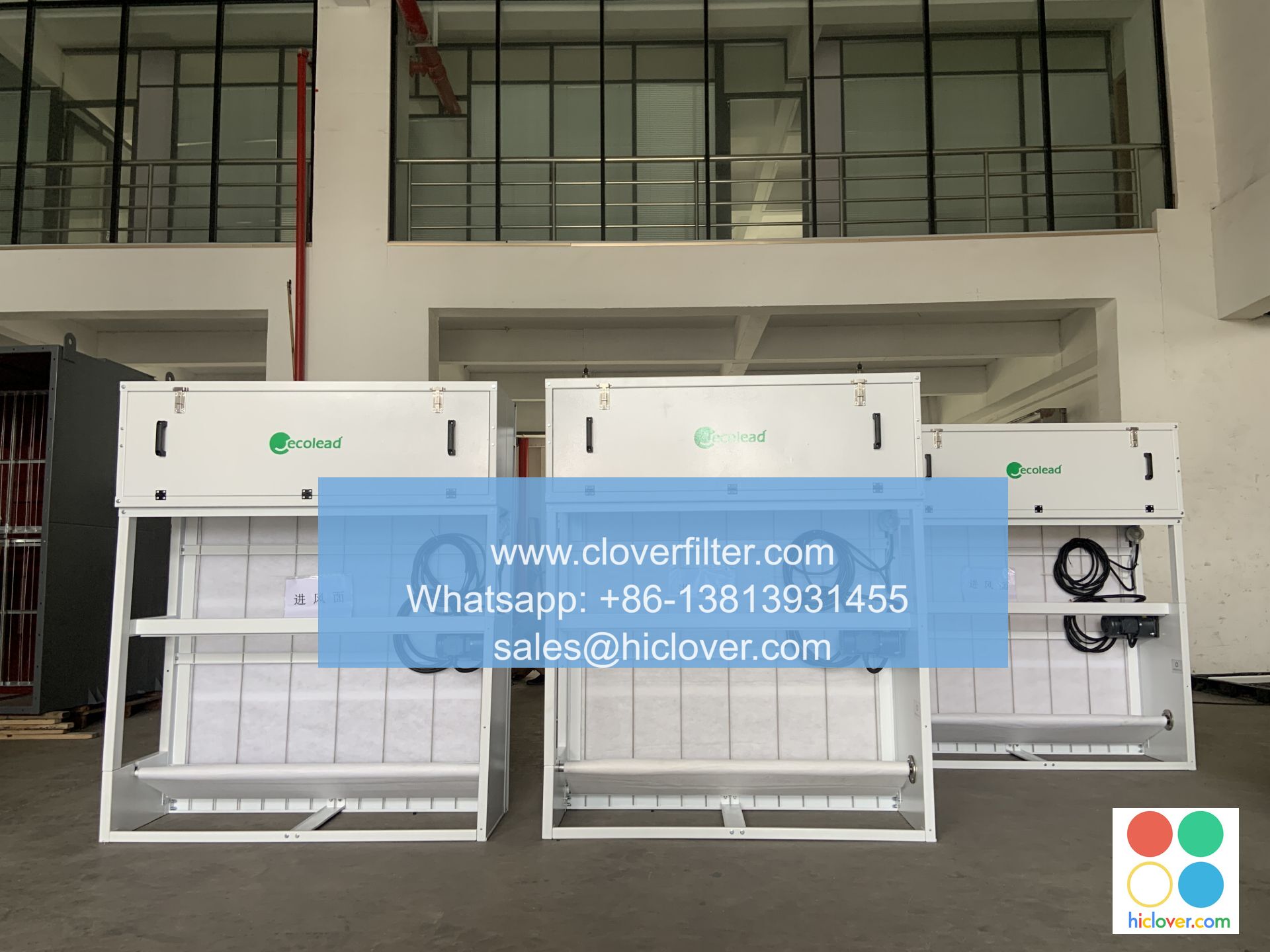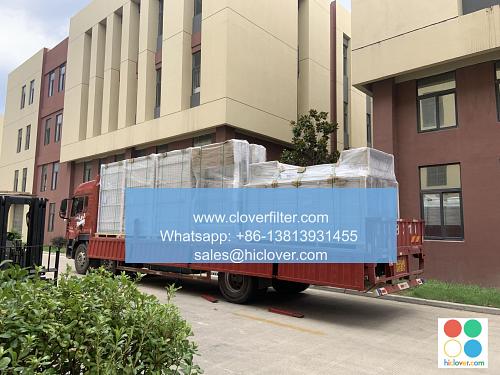The Benefits of Using Smart Air Filters for Your Home

In today’s world, where indoor air pollution is a growing concern, using smart air filters has become a necessity for maintaining a healthy and comfortable living space. These cutting-edge devices are designed to capture air pollutants, allergens, and particulate matter, providing a cleaner and fresher indoor air quality. In this article, we will discuss the benefits of using smart air filters for your home, highlighting various application areas and key features.
Improved Indoor Air Quality
Smart air filters are equipped with advanced HEPA filters and activated carbon technology, which work together to remove dust, mold, pet dander, and volatile organic compounds (VOCs) from the air. By using a smart air filter, you can significantly reduce the concentration of indoor air pollutants, creating a healthier environment for you and your family. This is especially beneficial for people suffering from respiratory issues, such as asthma and allergies.
Reduced Energy Consumption
Smart air filters are designed to be energy-efficient, using sensors and smart technologies to optimize their performance and minimize energy consumption. By only running the filter when necessary, you can save on your energy bills and reduce your carbon footprint. Additionally, smart air filters can be integrated with other smart devices in your home, such as thermostats and home automation systems, to create a more efficient and sustainable living space.
Key Features of Smart Air Filters
Some of the key features of smart air filters include:
- Air quality monitoring: Real-time monitoring of indoor air quality, providing you with valuable insights into the levels of pollutants and allergens in your home.
- Automated filtering: Automatic adjustment of the filter’s performance based on the indoor air quality, ensuring optimal cleaning and minimal energy consumption.
- Wi-Fi connectivity: Remote monitoring and control of the air filter through your smartphone or tablet, allowing you to adjust settings and receive notifications on the go.
- Maintenance alerts: Notification system that alerts you when the filter needs to be replaced or cleaned, ensuring optimal performance and longevity.
Application Areas for Smart Air Filters
Smart air filters can be used in various application areas, including:
- Residential homes: Improving indoor air quality and reducing energy consumption in single-family homes and apartments.
- Commercial buildings: Enhancing indoor air quality and productivity in offices, schools, and healthcare facilities.
- Industrial settings: Removing hazardous pollutants and particulate matter in industrial environments, such as manufacturing facilities and warehouses.
Conclusion
In conclusion, using smart air filters can have a significant impact on the indoor air quality and energy efficiency of your home. By harnessing the power of advanced air filtration technologies and smart sensors, you can create a healthier and more comfortable living space, while also reducing your energy consumption and carbon footprint. Whether you’re looking to improve the air quality in your residential home, commercial building, or industrial setting, smart air filters are a valuable investment for anyone looking to breathe easier and live healthier.
It seems like you didn’t include a prompt for me to respond to. Could you please provide more details or clarify what you’re looking for? I’m here to help with any questions or topics you’d like to discuss!

